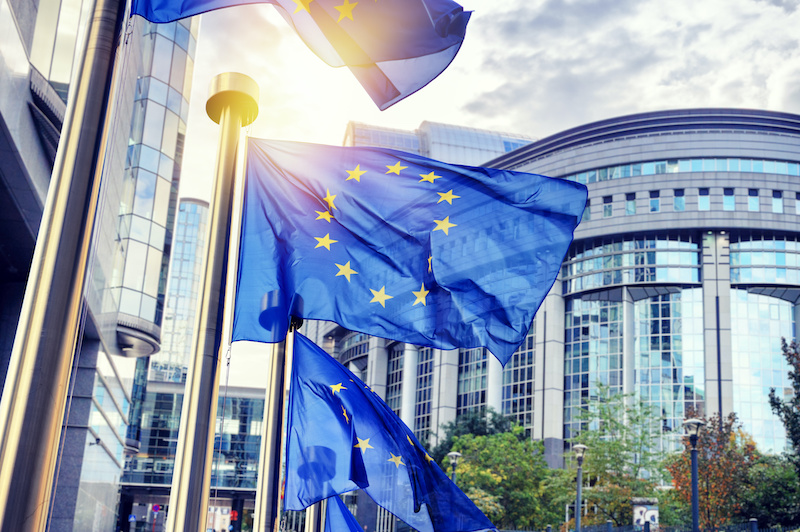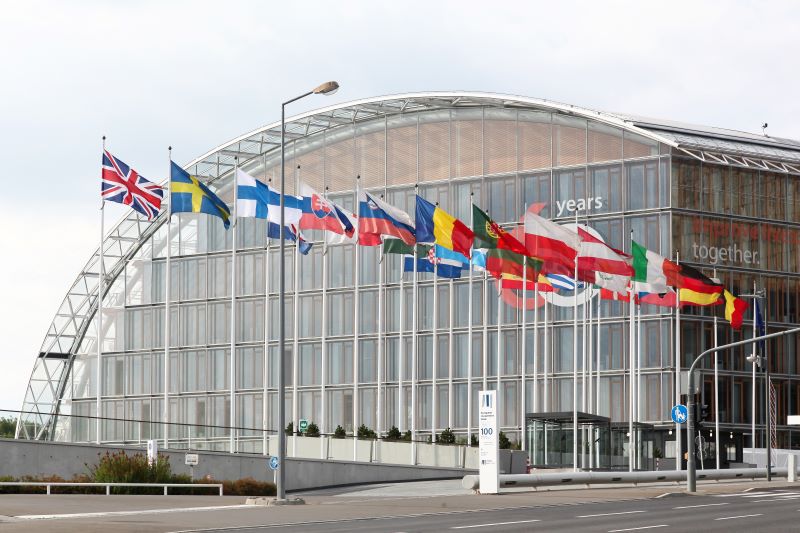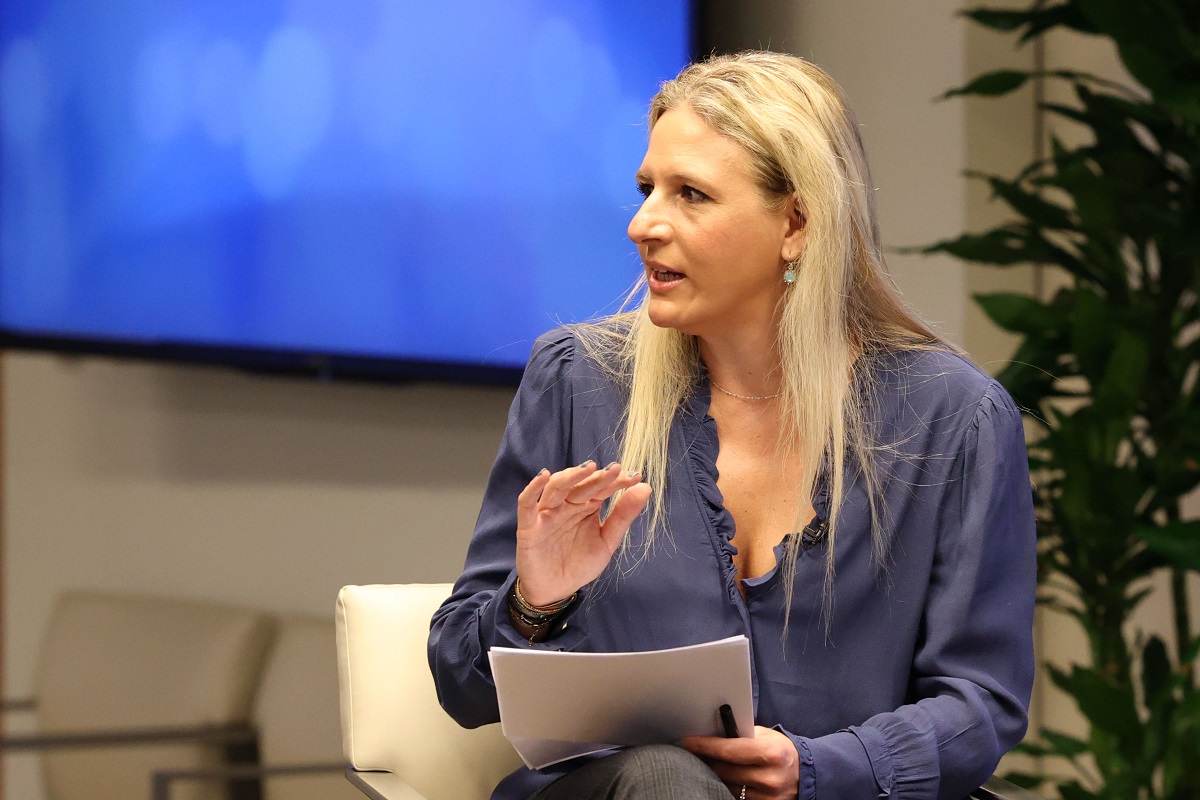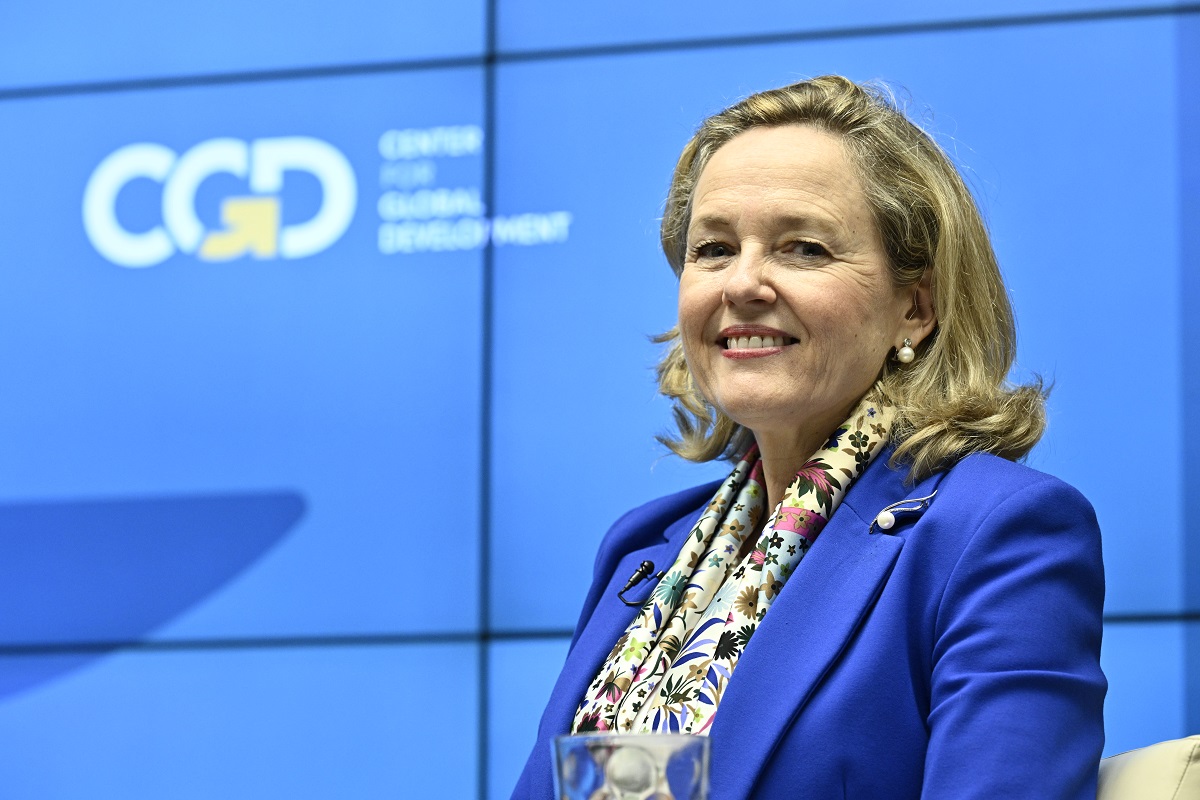Recommended

Blog Post
In 2024, the European Union (EU) faces a whole raft of challenges: one war continuing to rage inside Europe, and another on its doorstep; economic challenges and fiscal constraints across member states; and continuing competition and rivalry between the United States and China. Add to this the European Parliamentary elections scheduled for June and national elections in nine European countries over the course of the year, with far-right parties building genuine momentum on the back of anti-immigration rhetoric.
Where does this leave development cooperation? In this blog, we look how this context will shape EU development cooperation in 2024. This year will be pivotal in shaping how the EU defines its role beyond its borders. With heavy political pressures on budgets and a growing share diverted to firefight crises, an exclusive focus on self-interest and strategic autonomy, continuing double standards and inconsistent approaches, the EU’s credibility as a major international development actor is at stake.
Protracted crises in the EU neighbourhood
In Europe, support for Ukraine and Ukrainian refugees remains high, but EU Member States now have much less capacity to absorb refugees or provide financial help for the war effort. Since the beginning of Russia’s war in Ukraine in February 2022, the EU and its Member States have provided EUR88 billion to Ukraine. In February 2024, the EU agreed on an additional EUR50 billion package to strengthen the country’s economic and financial stability over the next four years. But costs of this war look only set to soar further. Two years in, the estimated costs for reconstruction and recovery are already at USD486 billion and continue to climb.
Meanwhile, the EU’s radically different approach to war in Gaza, versus war in Ukraine, threatens to undermine its credibility on the world stage. In December 2023, the European Commission announced a mere EUR125 million in humanitarian support for Palestinians in 2024: a drop in the ocean in terms of what is needed; and in comparison to the sums made available for Ukraine. Moreover, the Member States’ decision not to replenish a “cushion for emerging challenges” in the EU’s Neighbourhood, Development and International Cooperation Instrument (NDICI)—massively depleted by the response to COVID-19 and support for Ukraine—has left little room for manoeuvre in a devastating and worsening humanitarian disaster. This has seriously weakened the EU’s standing on international cooperation.
Migration
Migration is set to dominate the EU’s political agenda in 2024 as politicians across the continent look to toughen immigration rules. At the start of the year, the European Commission President, Ursula von der Leyen, emphasised that “managing the EU’s external borders” was her second priority after Ukraine when adjusting the EU’s budget. And the Member States agreed to shift EUR4.5 billion within its main external funding pot to tackle the “extraordinary geopolitical tension” from increased migration. Last year, the EU committed EUR1 billion of financial support to Tunisia, including EUR105 million for “border management,” in exchange for cooperation with the Tunisian authorities to prevent migrants and refugees from making the journey to Europe. Other such agreements are expected to follow. Meanwhile, far-right parties are expected to make large gains in the European Parliamentary elections on the back of anti-immigration rhetoric, potentially becoming the third political force behind the centre-right (European People’s Party) and centre-left (Socialists & Democrats). Were the far-right parties to make large gains, the risk would be further polarisation of attitudes to EU development cooperation, a radically reduced financial envelope for development cooperation and/or a growing share of development assistance being used as a lever for hard power, in particular for border management to curb migration.
EU economic security and strategic autonomy
EU economic security and strategic autonomy will remain headline political objectives in 2024, in response to competition and rivalry for natural resources and economic dominance and influence between the United States and China. The scramble for commodities and access to critical raw materials to secure the EU’s energy transition is shaping EU development cooperation, hence the EU Global Gateway’s aims to build strategic corridors with partner countries in order to secure Europe’s supply. European interests are now front and centre of EU development cooperation, crowding out the promise of mutually beneficial international partnerships. The EU’s compulsive focus on self-interest risks fuelling conflicts of interest and heightening the climate of distrust with its partners and completely flies in the face of EU narratives and rhetoric of partnerships of equals.
Where does this leave the EU’s new leadership in 2024?
Following the EU elections, a new European Commission will be appointed by the EU Member States in November 2024. While who will take charge of international partnerships remains to be seen, the tasks of this new team will have a huge bearing on the narrative, approach and resourcing of EU development cooperation. A decisive moment will be the Commission’s proposal for the multi-year budget and its handling of the negotiations between the European Parliament and Member States. The new Commission will need to be mindful of pursuing an approach that reconciles Europe’s interests with those of its partners.
Meanwhile, the European Investment Bank’s (EIB) new President, Nadia Calviño, will have no less a daunting task. Accounting for around a quarter of EU’s official development assistance, the EIB is a major provider in EU’s support to partner countries. With the creation of EIB Global, a branch dedicated to investments outside of the EU, the bank will have an important role to play in the reconstruction of Ukraine, the provision of international climate finance and the implementation of the Global Gateway. With huge pressures, the new President will have to quickly step up to the role and show how the EIB can deliver. A first step would be the long-awaited appointment of the head of EIB Global and a strategy.
2024 will be a defining year for EU international cooperation. In an international context subject to multiple crises and geopolitical uncertainty, the EU’s new leadership will need to change its course if it hopes to rescue any remnants of relevance and credibility.
Disclaimer
CGD blog posts reflect the views of the authors, drawing on prior research and experience in their areas of expertise. CGD is a nonpartisan, independent organization and does not take institutional positions.
Image credit for social media/web: Sergii Figurnyi / Adobe Stock






